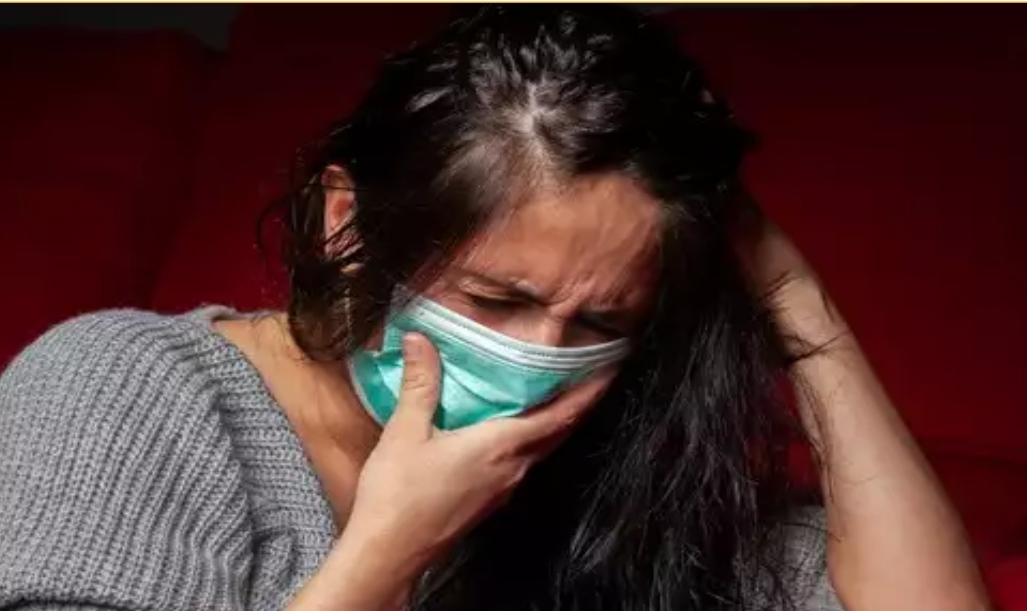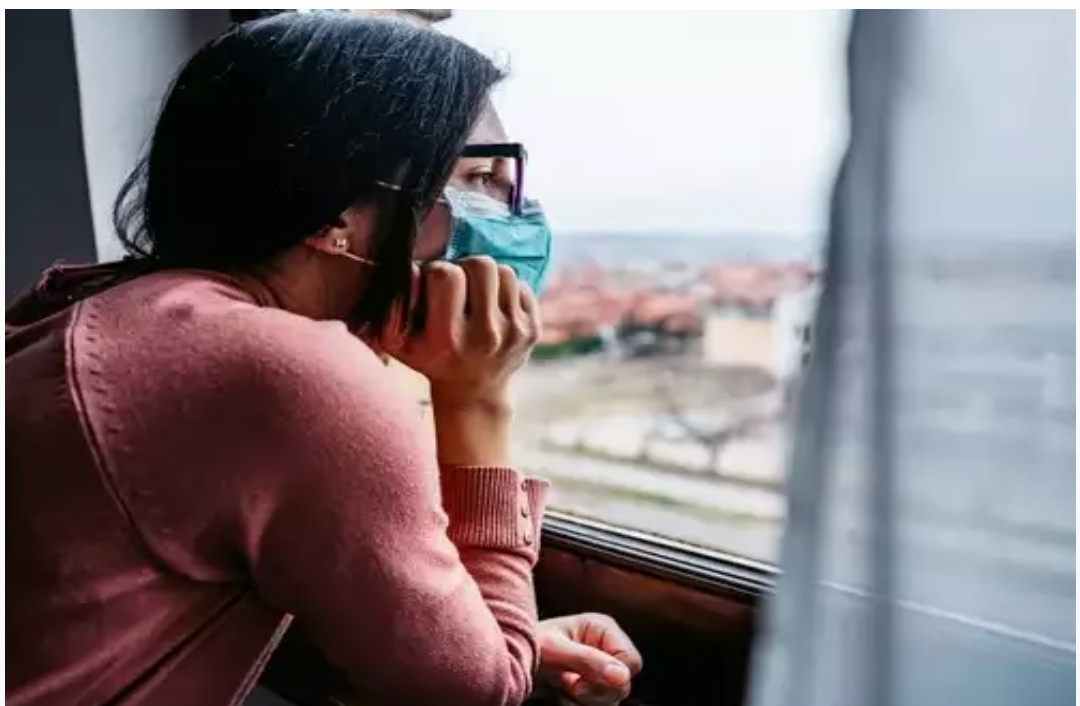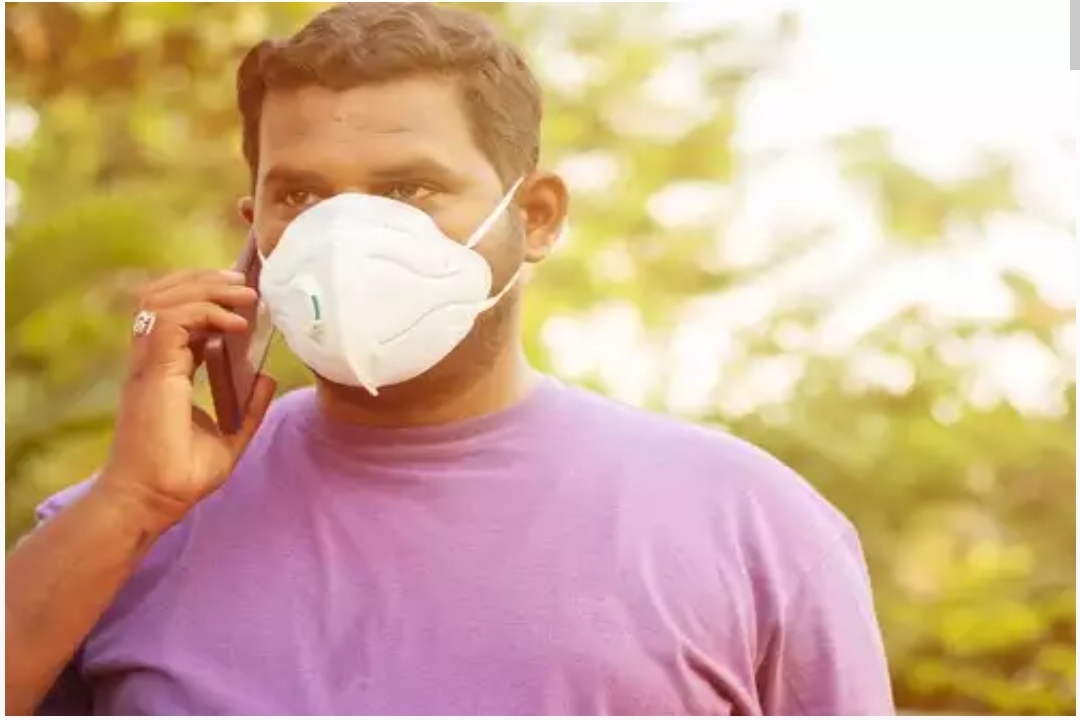Coronavirus: People With Five Or More Symptoms Are At A Higher Risk For Developing Long-COVID, Says Study

Your COVID-19 symptoms can determine your risk of developing long COVID
It has been observed that no two people suffer from the same symptoms for novel coronavirus. Their symptoms can determine the type and severity of the infection.
While some people are at a higher risk for developing severe forms of illness, the type of symptoms you have can also determine a person’s risk for developing long COVID- what experts feel is the newest COVID side-effect puzzling patients.

Long COVID affects 75% of patients
Nearly 1 in 4 patients can continue to have lingering side-effects post recovery from novel coronavirus, which can be mild, moderate in nature or cause severe neurological deficits in the long run. While not everyone is likely to develop this complication, new studies say that a person’s chances of developing post-COVID syndrome also depends on the type of symptoms they have.

Initial COVID symptoms could impact your recovery
A study done by King’s College, London found that people who had five or more symptoms in the first week of COVID infection were at a higher risk of developing long-term COVID.
Another UK-based research carried out last week also observed that the chances of long-COVID could also be ascertained by a person’s age, respiratory health, gender and weight.

How your symptoms can determine your risk of long COVID
For many patients battling post-COVID symptoms, overcoming the initial symptoms is one half of the entire battle. Also called long haulers, post-COVID symptoms can range from a lingering cough, breathlessness, muscle pain, brain fog and chronic fatigue.
According to the latest study, which has been done at King’s College, London, patients who suffered five or more symptoms in the first week of infection, and reported not having recovered 4-8 weeks after this are more likely to be at risk for post COVID.
How long can it take for COVID recovered patients to get back to normal?
The study, which is yet to be peer-reviewed was carried out by analysing nearly 4000 COVID recovered patients across the UK and Sweden.
Of this data, nearly 20% weighed in saying they hadn’t fully recovered even after a month of being diagnosed. 190 felt persisting symptoms eight to teen weeks after their first positive diagnosis. Some 100 reported problems ten weeks after the infection. These, are the broad indicators which could determine your long COVID risk as well.

What are the symptoms?
Upon further research, it was also observed that most people who recorded lingering symptoms in the group had the same symptoms- headache, hoarse cough, sore throat, difficulty breathing and debilitating body aches.
Interestingly, COVID-19 symptoms in the first week can be categorized into six different types of infections, which could further determine who has a higher risk of developing a mild or severe form of infection.

Misdiagnosed testing could put people at risk too
The study also made another interesting observation. Patients who had misdiagnosed or underwent late testing were also at a higher risk of developing post-COVID symptoms.

How can these studies help?
Fatigue and exhaustion were also two of the most common symptoms long haulers reported in their month-long struggle. Nearly 98% of patients polled in, complaining of chronic exhaustion and fatigue, followed by breathlessness and headache.
The same symptoms have also been witnessed in other case studies of long COVID worldwide. The observations could further, act as key parameters for doctors to devise treatment plans accordingly.

Defeating COVID-19 is only half the battle won for many
The experts based out of King’s College, London also added a precautionary note, adding that the symptoms alone shouldn’t be considered as indicators of long COVID. Asking people to keep a track of their symptoms from the initial exposure days, experts say that anybody is likely to develop post-COVID, even though the risk factors may be more for some. Even people who make a quick recovery, or do not require hospitalization should be wary of the dangers of long COVID.
COVID can liken a flu-like infection but mysteriously impair the body’s vital functions and bring on complications. Hence, it’s important to constantly monitor and evaluate your health, through the recovery process and after you test negative.

Follow proper care and precautions
Instead of rushing back to normalcy and risk overstraining yourself, for the first few weeks of recovery, try and limit your activities which tend to tire you. It’s important to resume life, but do not push yourself too hard. Yogic asanas, meditation and making dietary changes which supports oxygen pump-up should be encouraged.
Follow up medical advise and neccessary guidelines to ensure proper care and reduce the risk of health degradation.




